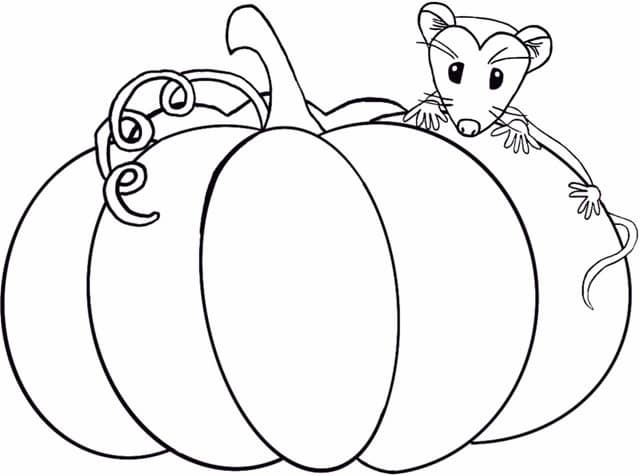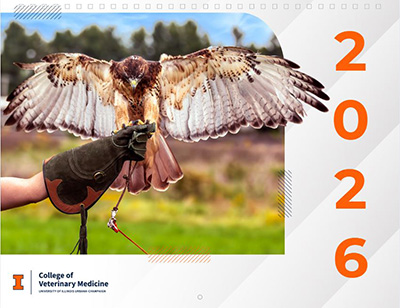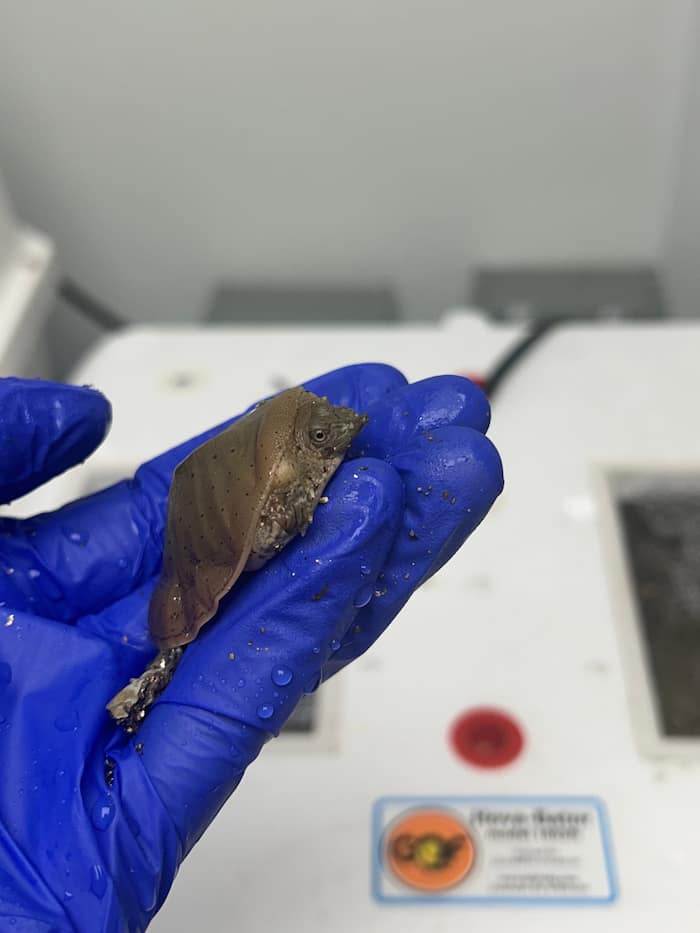The Wildlife Medical Clinic has two veterinary students as clinic managers (in addition to the 116 student volunteers). These vet students oversee the clinic daily, stay on campus over vacations and breaks to take care of the animals, and provide support for anything the teams of volunteers need.
Meet them now!
Ainsley Boyle, VM2: Ainsley is a second year veterinary student and has been a manager for about 1 year now. She began volunteering while an undergraduate student in Animal Sciences at the University of Illinois main campus.
- What is your favorite aspect of volunteering at the WMC?
-
My favorite aspects of my role in the clinic are being able to teach and help the student volunteers, working with such a wide variety of different species that the average person does not have the opportunity to work with, and applying what I’m learning in class to real life.
-
- What are your duties as Student Manager?
- I provide guidance on cases throughout the year, help volunteers with their cases or clinical skills if needed, keep the clinic stocked with all the essentials needed to treat our patients, organize and assign teams at the beginning of the year, schedule weekly rounds guest speakers, and act as a liaison between clinicians and staff to students in the clinic.
- What are your future career goals?
- Ultimately, being able to treat any animal that walks in front of me. Currently thinking of going into a mixed animal practice, but it changes all the time!
- What are your goals for the WMC as Student Manager?
- The clinic has given me so much and has shaped me as an individual, which will eventually affect the doctor I become. I want to be able to give back to the clinic and give others the same experience that I have had.
Kara Hiebert, VM1: Kara is a first year veterinary student and is our newest manager! She began volunteering as a first year vet student and was chosen as manager when Jess Huntington moved on to clinics (we still love you, too, Jess!).
- What’s your favorite aspect of working at the WMC?
- My favorite aspect of volunteering at the WMC is all of the hands-on experience that we wouldn’t otherwise get until our clinical year. This experience includes anything from placing intravenous catheters, to monitoring anesthesia, to creating a treatment plan for various patients. Of course, releasing our patients after working hard to rehabilitate them is a close second.
- What are your duties as Student Manager?
- Our duties as student managers can vary throughout the year. During the school year, patient care is primarily the responsibility of the teams, but we still oversee treatment decisions and give advice when needed. We are also responsible for cleaning the clinic, maintaining clinic inventory, organizing patient transfers, and organizing rounds speakers and team leader training. During the summer and other academic breaks, the student managers take over patient care in addition to our other duties. Thankfully, during the summer a few student interns and many wonderful volunteers help us out.
- What are your future career goals?
- I would love to work as a wildlife or zoo veterinarian in the future. Ideally, I’d like to work part of the time in a wildlife rehabilitation setting and part of the time in a zoo or aquarium setting, so finding a job at a zoo or aquarium with a rehabilitation program would be the best of both worlds. Additionally, I have a soft spot for marine mammals, so any opportunity to work with them in a rehabilitation setting would be a dream job for me. Of course, employment in these fields can be difficult to find, so even if I do not get my dream job, I’ll be happy as long as I am using my veterinary career to contribute to wildlife conservation.
- What are your goals for the WMC as Student Manager?
- My goals as a student manager of the WMC are primarily to become the best veterinarian I can be and leave a positive impact on the clinic when I leave. I hope to sharpen my clinical skills (placing IV catheters, drawing blood, etc.) as well as my critical thinking skills (determining a diagnosis, making treatment decisions, etc.). Additionally, I hope to use this position to teach others about the WMC and local Illinois wildlife, so people continue to support and value the work we do here.






